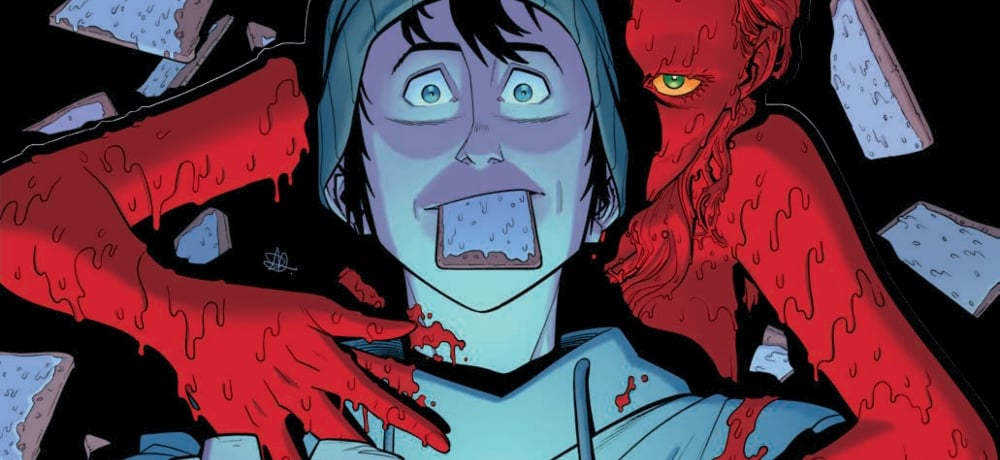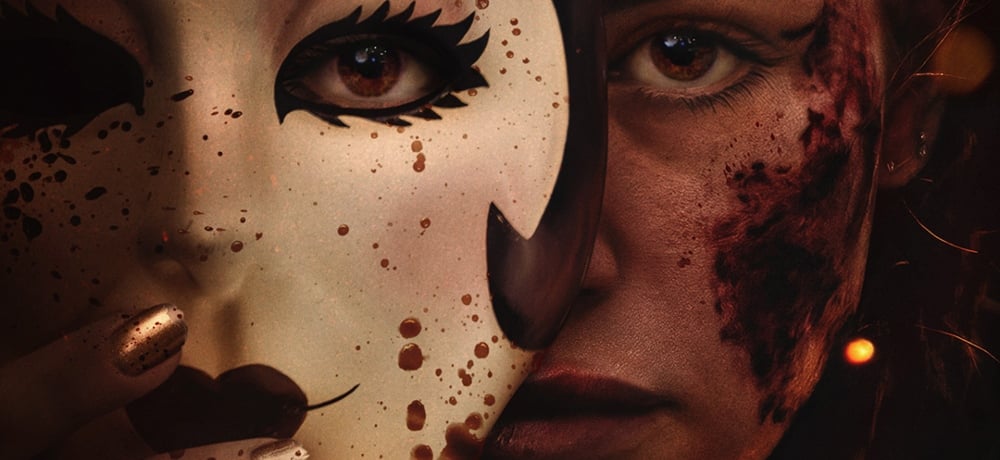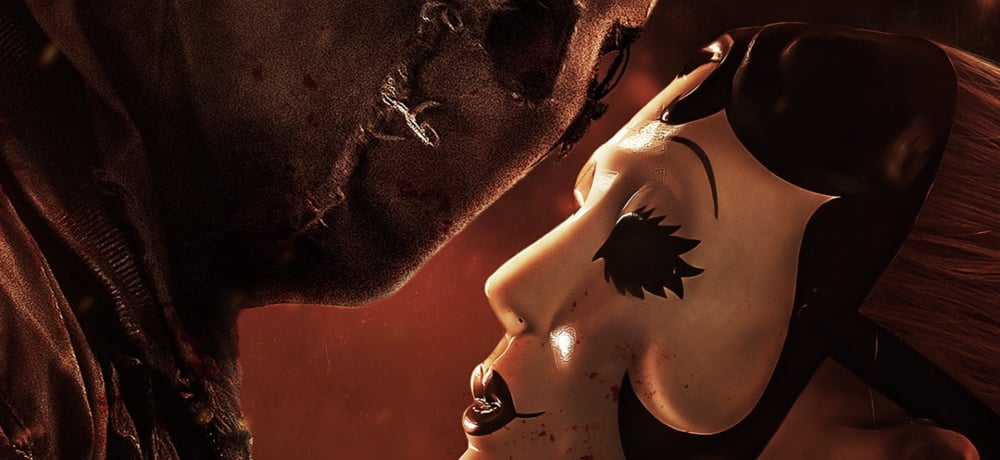





This was not my first trip down Stephen King Lane. Having seen, by this point in 1983, Carrie, ‘Salem’s Lot, and The Shining, and terrified by some (sorry, Jack, you were a dull boy to me), I eagerly awaited the next screen adaptation from his ever expanding library. At this point I was just starting to delve into his novels, but The Dead Zone had not come across my radar. With little idea what the film was about, I went in cold and staggered out of the theater, stunned by what I had just witnessed. It stands as my favorite King adaptation for its ability to touch me in a way few horror films have been able to do.
The Dead Zone tells the tale of Johnny Smith, a schoolteacher who falls into a five year coma after a horrific car crash. When he awakens, he has the power of second sight, the ability to see upcoming events (or previous, or presently occurring) just by touching someone. A simple enough premise, but one that plays out in a series of vignettes, chapters really, that shows a progression of mounting inevitability for our protagonist’s situation. As viewers we feel the weight of Johnny’s journey, from the accident, to the girlfriend who eventually left him behind and moved on (would you wait five years?), to his premonitions both personal and wide reaching. The viewer is put through the emotional ringer as we see Johnny deal the best he can with the spectral cards that he is dealt. The title refers to Johnny’s ability to change the future by altering the present, creating a ‘dead zone’ that he cannot see – events that were to happen, but cease to be. Of course the irony is that while Johnny can predict the future of others, he fumbles blindly through his lot in life until he sees his shot at grace – a chance to end his horror of unwanted enlightenment with clarity and peace of mind.
David Cronenberg, at the time, seemed like an odd choice for director. Known for lower budget, body-centric horror films such as Shivers and Scanners, his films up to that point came across as cold and clinical (even The Brood, a treatise on his impending divorce, comes across as distant and impersonal), with little emotional investment. Perhaps it was the fact that he didn’t write the screenplay (credited to Jeffrey Boam) that opened Cronenberg up to a different approach. Whatever the reason, I can’t imagine The Dead Zone being directed by anyone else. He handles the horrific elements (the Castle Rock murders, the burning house) with his usual kinetic style, but there is a warmth, a compassion that he shows for these characters that was not in his arsenal before. A lot of that credit should go to Boam for creating well rounded, nuanced characters, but Cronenberg ensures that the actors are allowed to be in the moment and connect with one another. This new found synergy with performers would blossom even further in his following film, The Fly.
The cast is a canny mixture of genre favorites and character legends: Herbert Lom as Sam Weizak, Johnny’s doctor and confidante, Tom Skerritt as Castle Rock’s Sheriff Bannerman, Martin Sheen as Greg Stillson, a politician who will stop at nothing on his way to the White House. All (and others) deliver memorable, grounded performances. Brooke Adams offers a poignant portrayal as Sarah, Johnny’s pre-crash girlfriend and post-crash link to his previous life. Their relationship is crucial to the story – without it, the stakes would be much less personal.
This brings us to Christopher Walken as Johnny Smith. Best known at the time for his Academy Award winning performance in The Deer Hunter, Walken delivers a performance that is easily its equal. Long before he excelled at playing eccentric uncles, storekeepers, etc., Walken commanded the screen with offbeat leading man looks and a welcoming smile. His Johnny Smith is an everyman (hence the name) thrust into extraordinary circumstances, at first retreating from his world, and then accepting that if he can’t function within it, he can at least try to redeem it. Walken plays Johnny as a wounded man, trying to make sense of his gift – frightened, not alone but lonely, and constantly in physical and mental anguish. His ability to help others is all the more heartbreaking when he can’t help himself. You will find very few of the ‘Walkenisms’ – the tics and mannerisms used in lazy impersonations the world over – instead what you get is a soft spoken, scared, fragile being struggling for survival. It’s an amazing portrayal that once again shows the Academy’s ignorance towards the fantastic.
Looking back, I understand now why that 13 year old stumbled out of the theater stunned by what he had witnessed. He was scared of the changes and uncertainty (however unfounded) that his adolescent life promised, and following Johnny on his journey resonated deeper than any masked madman ever could. Whatever stage (or state) of life you are in, The Dead Zone makes a strong case for being the change – and taking that shot.